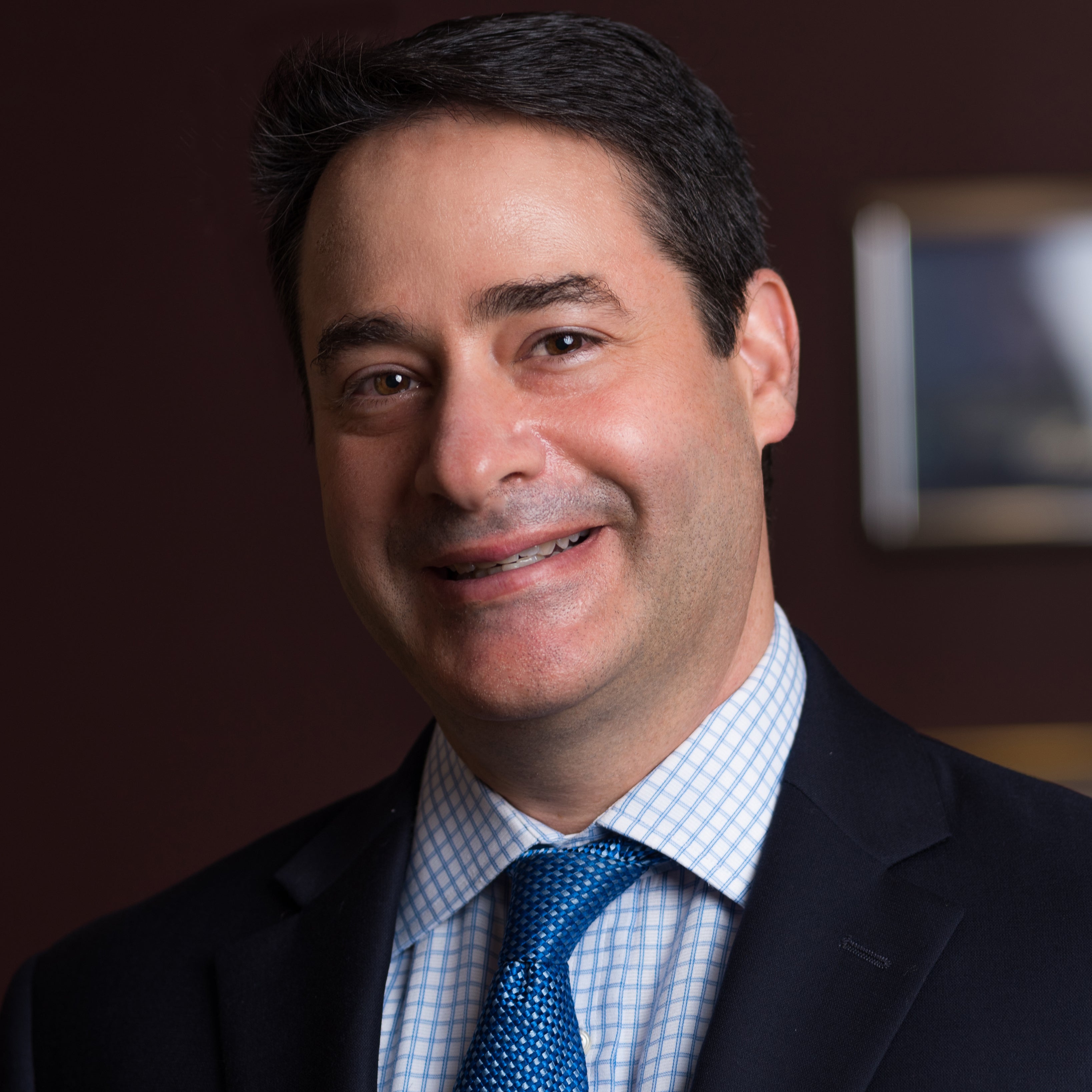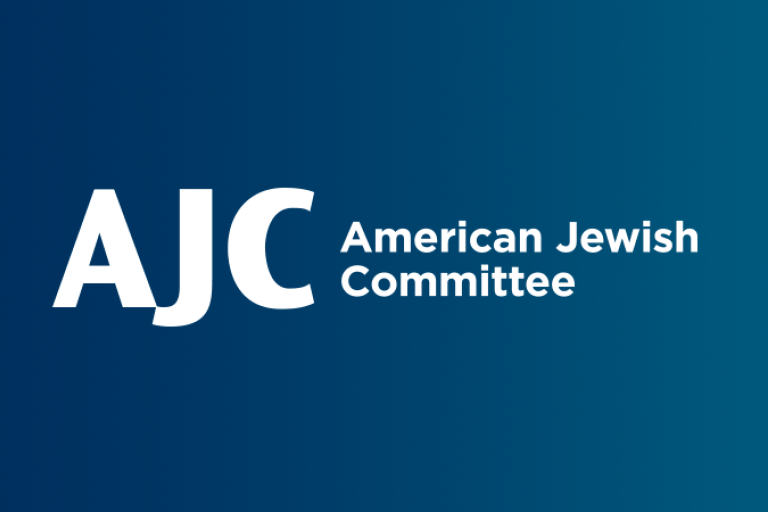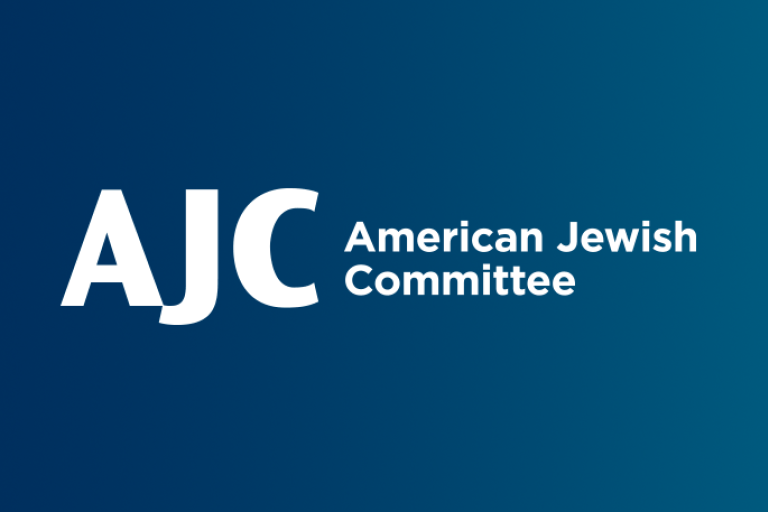July 14, 2020 — Miami, Florida
This piece originally appeared in the Miami Herald.
By Brian Siegal and Andreas Siegel
Seventy-five years after the end of World War II and the Holocaust, anti-Semitic rhetoric and violence are rising across Europe and the United States. Not even the coronavirus pandemic has mitigated this pernicious evil.
On the contrary, since March, antisemitic conspiracy theories have proliferated online, and some people objecting to government stay-at-home orders have invoked Nazi symbols in public as well. Protesters in Michigan, for example, displayed swastikas, a blow-up doll of the governor adorned with a Hitler mustache and Nazi armband; those in Illinois held signs comparing the governor, who is Jewish, to Hitler.
Let’s be clear: antisemitism is not a Jewish issue and it certainly is not just an American phenomenon. The horrible Halle Synagogue shooting in Germany last October was just the tip of the iceberg — a vast majority of Jews living in Europe are worried about rising hatred. They fear being insulted, harassed or even attacked because they are Jewish.
Tackling global problems requires international cooperation. As part of this effort, American Jewish Committee (AJC) and Germany have worked closely together for 75 years to promote democratic values and fight antisemitism. Following the fall of the Berlin Wall, AJC was the first major Jewish organization to support German unification and, in 1998, AJC became the first international Jewish organization to establish a permanent presence in Germany.
Antisemitism challenges universal interests and values. Left unchecked, it will undermine the essential principles of democratic society. That’s why effectively combating antisemitism should be a priority for all. As German Chancellor Angela Merkel told the AJC Global Forum last month, “We are aware of our responsibility to take resolute action against antisemitism in all its forms.”
A key component in that fight is to have a clear and common understanding of what precisely constitutes antisemitism. The International Holocaust Remembrance Alliance (IHRA), a body founded in 2000, with 34 member states today, and Germany currently serving as its chair, in 2016 adopted the “Working Definition of Antisemitism.”
This groundbreaking document provides a comprehensive description of the multifaceted nature of antisemitism, including discrimination, hatred of Jews, conspiracy theories and Holocaust denial. Significantly, it also offers examples of antisemitism related to Israel, noting that anti-Zionism is frequently a mask for antisemitism, and Jewish communities are often targets of anti-Israel animus. It also points out that criticism of Israel similar to that leveled against any other country cannot, as such, be regarded as antisemitism. The Working Definition is an important tool for police, prosecutors and judges and for monitors and data collectors, making it easier to track and prosecute antisemitic crimes.
In addition to Germany, 25 other nations have adopted the Working Definition. We encourage governments that have not yet done so to also adopt it, and all countries to put it into practice. In Germany, there are regional commissioners as well as a federal commissioner who closely monitor antisemitic acts and regularly propose preventive measures, such as educational guidelines.
In addition, the U.S. State Department’s Special Envoy to Monitor and Combat Antisemitism uses the Working Definition to assess and evaluate the problem worldwide, and to urge other governments to adopt it. The U.S. Department of Education (DOE) also has cited the IHRA Working Definition in providing guidance when examining the problem of antisemitism in schools and on college campuses. A Presidential Executive Order in December 2019 called for its use by the DOE and other federal agencies that have responsibility for addressing discrimination against Jews.
Confronting antisemitism must also be addressed at the state and local levels. Gov. DeSantis signed legislation last year barring antisemitism and other religious discrimination in Florida’s public schools after the Florida Legislature unanimously passed the bill in both chambers. In addition, Bal Harbour and Miami-Dade County have passed similar resolutions defining antisemitism, and the Palm Beach Gardens City Council unanimously passed a resolution adopting the Working Definition. Other city councils throughout the state should endorse the Working Definition as a tool to train educators, law enforcement agents and, more broadly, civil society.
Only by defining antisemitism, understanding how it manifests itself in society, confronting hate and bias crimes, and combating all forms of hatred can we uphold our values of democracy, pluralism and mutual respect toward the goal of ensuring the safety and dignity of our societies.
Brian Siegal is director of the American Jewish Committee Miami and Broward County Regional Office. Andreas Siegel is the consul general of Germany in Miami.



